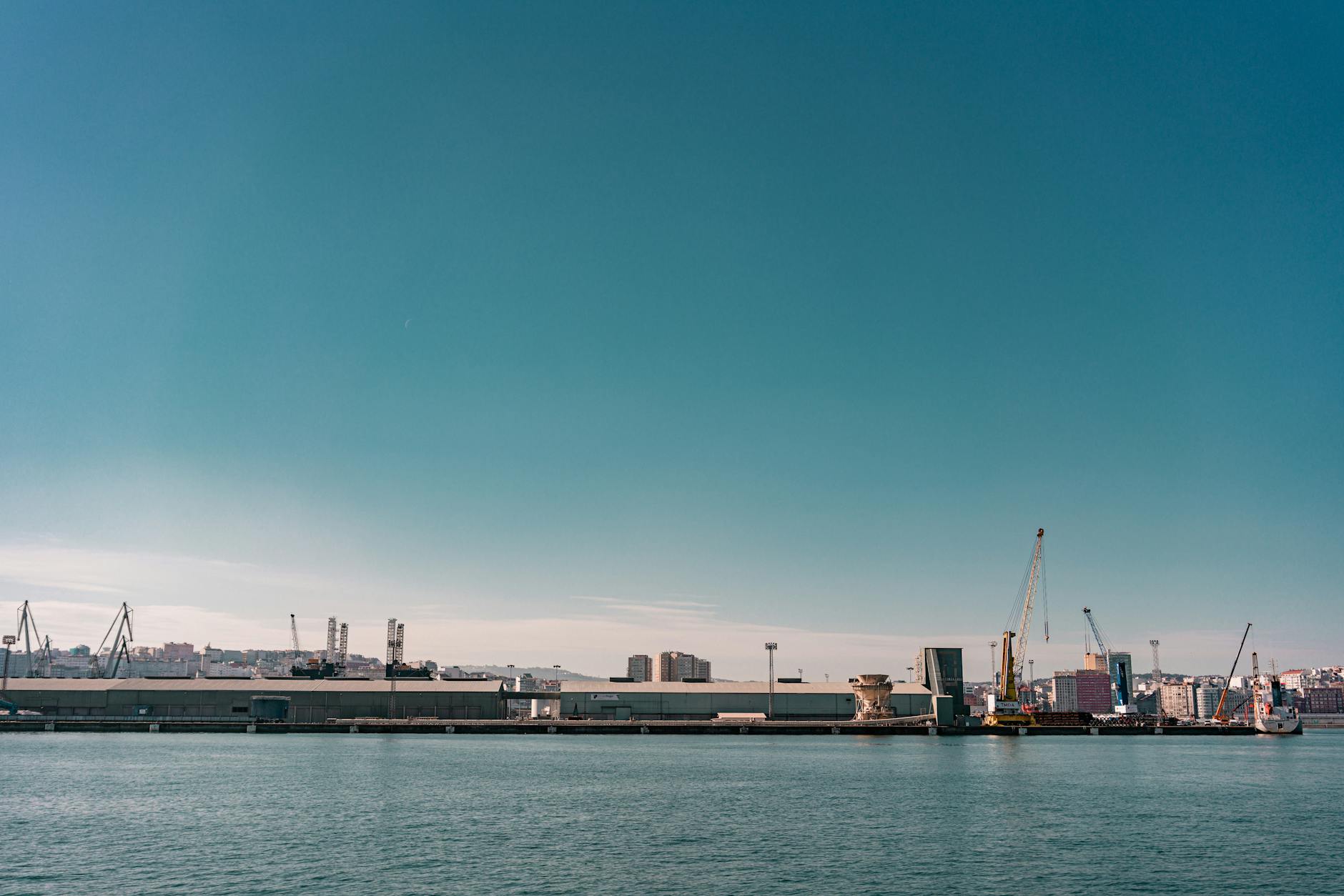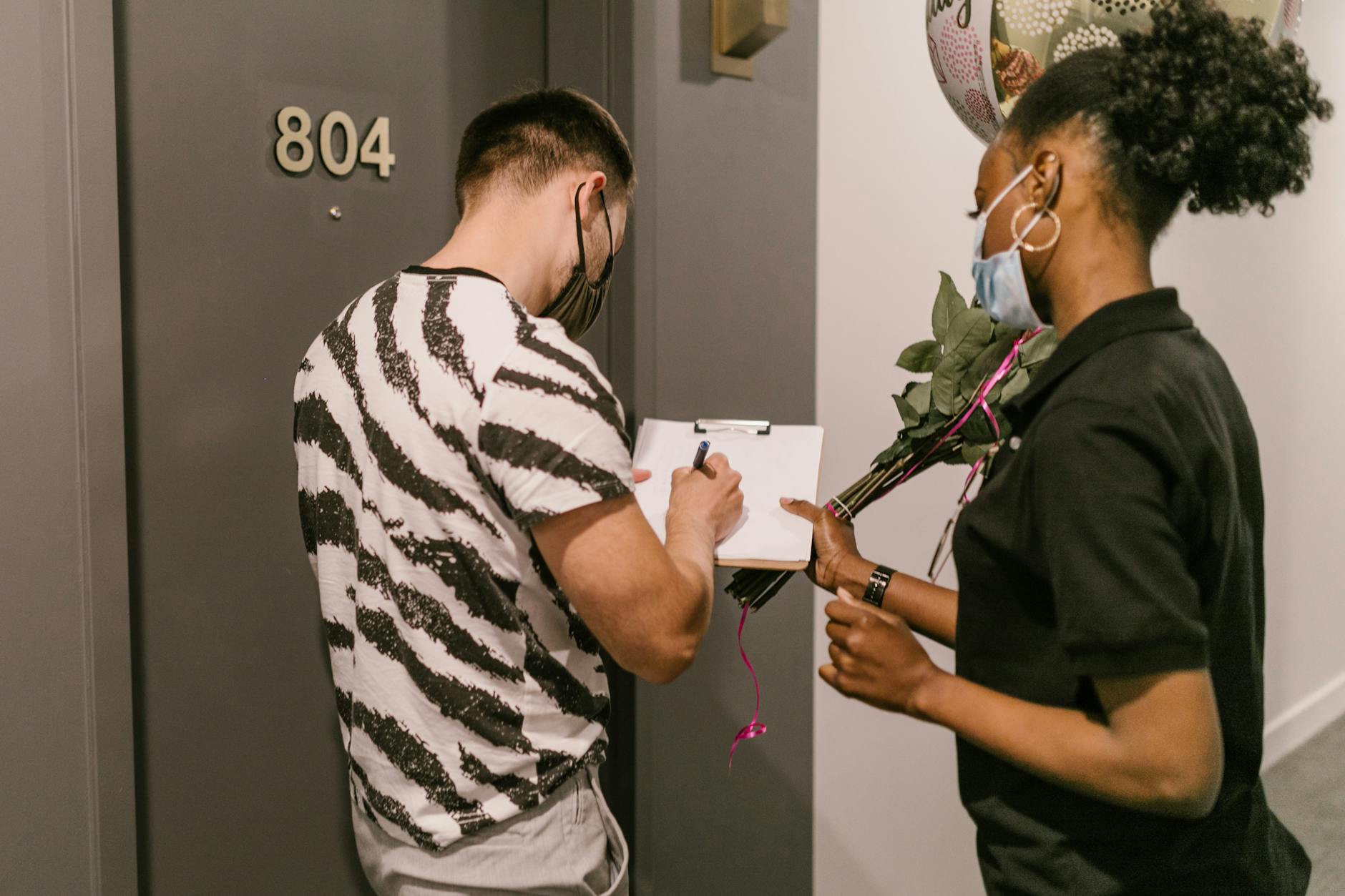How to Navigate Australia's Ecommerce Logistics Opportunities

Recognize Market Trends
Evolving Consumer Demands
In my experience, staying ahead in the ever-shifting realm of ecommerce logistics hinges on understanding evolving consumer demands. As a professional working in Melbourne's vibrant ecommerce scene, close to logistics hubs near Port Melbourne, I've observed that today’s consumers not only expect rapid deliveries but also demand seamless online shopping experiences.
- Fast Deliveries: Consumers now expect their orders to be processed, packed, and delivered with remarkable speed. To remain competitive, it's crucial to refine pick and pack procedures within warehousing operations.
- Enhanced User Experience: Shopping platforms are racing to innovate with personalised interfaces and effortless navigation.
Communicating with consumers in a relatable and timely manner is a foundational strategy I implement to meet these growing demands.
Rise of Eco-Friendly Practices
A shift towards eco-friendly practices is an unmistakable market trend I advocate for. Operating from a warehousing district in Laverton North, bridging sustainability with logistics is achievable through initiatives such as reducing packaging materials and integrating hybrid delivery vehicles.
- Sustainable Packaging: This not only aligns with eco-centric consumer values but also minimises waste.
- Hybrid Vehicles: These cut emissions and contribute to greener, cost-effective transportation methods.
By integrating eco-conscious measures, we enhance brand integrity, gaining consumer trust and loyalty.
Technology’s Impact on Logistics
Technological advancements are redefining logistics, presenting opportunities to optimise processes. Being in touch with tech innovations during meetups in Fitzroy has enabled me to explore automation as a tool to streamline warehouse management efficiently.
- Automation Tools: These can revolutionise inventory tracking and fulfilment processes.
- Data Analytics: Leveraging data can deliver insights, enhancing operational decisions and customer satisfaction.
Staying informed about these emerging technologies ensures that operations remain agile, responsive, and ahead of the competition.
Optimize Order Fulfillment
For anyone immersed in the Melbourne logistics scene, it's clear that efficient order fulfilment is non-negotiable. Efficient pick and pack methods are essential for streamlining operations. Implementing processes that minimise errors and accelerate shipping can significantly enhance customer satisfaction. For instance, setting up a dynamic warehouse layout in Laverton North—with goods arranged based on their popularity—can reduce picking time substantially with the support of a 3pl provider.
Incorporating automation tools is another game-changer. Robotics for sorting and packing, inventory management software, and real-time tracking systems provide a competitive edge. Utilising these technologies within third party logistics operations not only boosts productivity but also ensures accuracy, which is crucial for small companies striving to compete with big players in e-commerce.
Timely deliveries remain a priority. Partnering with carriers who have extensive networks can help you meet tight deadlines even during peak seasons. Maintaining a strong relationship with your 3pl logistics partner can mitigate usual delays and offer alternative routes if issues arise.
When designing a fulfilment strategy, keep an eye on the innovations emerging from tech meetups in places like Fitzroy. The combination of innovative approaches and skilled partnerships can substantially elevate the fulfilment processes in a boutique fashion ecommerce venture. Embracing these strategies and making informed decisions will expand operational capabilities and satisfy customer expectations effectively.
Collaborate with 3PL Providers
Aligning with Startup Values
As an operations leader in Melbourne, I'm constantly on the lookout for 3pl warehouse sydney partners that resonate with our startup's innovative and sustainable ethos. It's crucial to find a provider that not only offers flexibility but also supports initiatives that align with environmental responsibility. When assessing potential partners, consider their commitment to sustainable practices and the use of technology to reduce their carbon footprint. The synergy between your brand's values and those of your third-party logistics partner can enhance both operational efficiency and brand reputation.
Evaluating Provider Reliability
Reliability is another key factor when collaborating with 3PL providers, especially given the dynamic nature of ecommerce logistics. It's essential to scrutinise their track record in fulfilling commitments, managing peak loads, and seamlessly handling pick packing operations. Engaging with logistics hubs around Laverton North can provide valuable insights into the regional capabilities of potential partners. When considering a provider, evaluate their technology integrations, network scale, and their agility in responding to fluctuating market demands.
Building Sustainable Partnerships
Creating sustainable partnerships with 3PL providers involves ongoing collaboration and shared goals. Consider establishing multi-faceted agreements that include performance metrics and regular reviews to measure alignment with your objectives. Engage in discussions about innovative solutions they might offer, such as energy-efficient warehousing and green logistics. By fostering open communication and strategic alignment, you can build relationships that are beneficial in the long term, significantly contributing to your ecommerce startup's growth objectives.
Addressing Logistics Challenges
In the world of ecommerce, managing resource constraints and mitigating supply chain disruptions remain critical challenges. Many businesses, similar to yours, seek to enhance customer experience by overcoming these hurdles. One approach is to maximise efficiency in key areas such as inventory management and order fulfilment. Automation technologies can streamline tasks, allowing your team to focus on more strategic activities.
Firstly, optimising order fulfilment involves harnessing technology to accurately forecast demand and reduce delays. Implementing software solutions that integrate with existing systems can provide real-time updates and predictive analytics, helping you stay ahead of potential bottlenecks. This can offer a smoother customer journey, as products are consistently available and deliveries are timely.
Another consideration is the strategic use of third-party logistics (3PL) providers. By collaborating with experienced partners, you can leverage shared assets and expertise, which can be particularly beneficial when navigating resource limitations. For instance, consider exploring warehousing options in areas like warehousing sydney, known for their practical logistics infrastructure. This could allow your Melbourne-based operation to extend its reach without overwhelming internal resources.
Additionally, proactive risk management strategies are essential for mitigating supply chain disruptions. Regularly reviewing and updating contingency plans will position your business to respond swiftly to unforeseen events, from supplier issues to transportation delays.
Ultimately, keeping customer satisfaction front and centre during these processes can transform how efficiently challenges are managed. By embracing innovative logistics strategies, you stand to improve resilience and ensure a seamless experience for your customers.
Best Practices
Flexible Strategies for Success
In the dynamic landscape of ecommerce, adaptability is the key to survival. Embracing flexible logistics strategies allows businesses to pivot swiftly in response to market shifts. Consider utilising shared warehousing spaces in Laverton North; they offer scalable options for storage and distribution without the long-term commitment. Collaborations with local tech innovators, often seen gathering at meetups in Fitzroy, can also provide fresh insights into more agile supply chain management, allowing companies to experiment with new solutions tailored to market demands.
Pioneering Green Logistics
Sustainability isn't just a buzzword—it's an integral component of future-proof logistics strategies. Start by measuring your carbon footprint; then, explore partnerships with eco-focused providers, particularly in Port Melbourne, where reducing waste and emissions through green logistics is becoming a significant movement. Implementing eco-friendly packaging options and optimising delivery routes to minimise environmental impact can substantially enhance your brand's reputation and appeal among eco-conscious consumers.
Continuous Process Improvement
Achieving excellence in logistics requires an ongoing commitment to refining processes. Regular audits of fulfilment cycles, from order receipt to last-mile delivery, can reveal areas in need of optimisation. Engaging with third-party logistics (3PL) providers with a reputation for innovation can help to integrate the latest technologies, such as AI-driven data analysis, into your workflows. This strategic approach, combined with a focus on supply chain process improvement, ensures your operations are not only efficient but also scalable in response to future opportunities.


